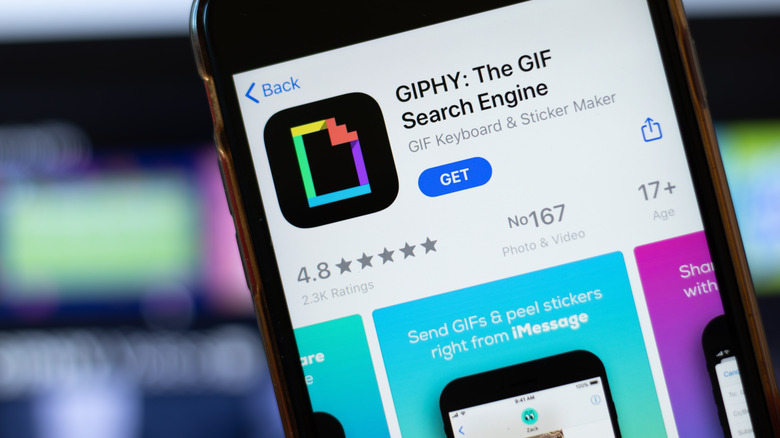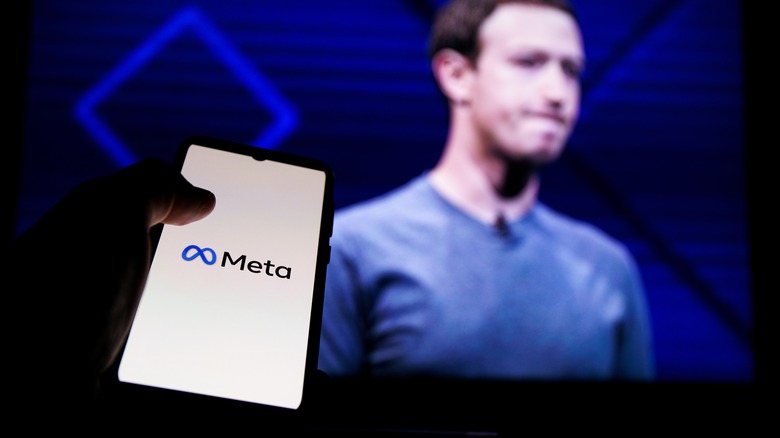Meta Is Selling Giphy After A Drawn Out Battle With Regulators
Meta reportedly forked out around $400 million to acquire Giphy, the internet's most popular destination for GIFs, two years ago. Given the company's past reputation of killing competition by straight-out buying budding rivals, the Giphy acquisition instantly raised antitrust eyebrows. Following intense regulatory scrutiny, Meta has agreed to cancel the deal and had been ordered by the U.K.'s competition authority to sell the GIF-hosting platform.
In an official statement, the Competition and Markets Authority (CMA) ruled that "Meta's takeover of Giphy could allow Meta to limit other social media platforms' access to GIFs, making those sites less attractive to users and less competitive." The agency also made it clear that the GIPHY acquisition would have shrunk the business opportunities for advertisers based in the country, a market that is worth roughly seven billion pounds.
🔎 A review completed by an independent CMA panel has found the only way to address the significant impact the deal would have on competition is for #Giphy to be sold to an approved buyer.
Find out more: https://t.co/VaKLoVNfxw pic.twitter.com/wkU97X8YGO
— Competition & Markets Authority (@CMAgovUK) October 18, 2022
The competition watchdog originally ordered Meta to offload Giphy in November 2021, but the tech titan appealed against it. In July 2022, the Competition Appeal Tribunal upheld the CMA's decision on five out of six grounds that were challenged by Meta. The decision is important for more reasons than just maintaining social media competition and market fairness: the CMA's decision marks the first time that Meta has been forced to part ways with an acquisition.
A huge setback that sets a remarkable precedent
The CMA notes that the U.K.'s social media user base spends 73% of its time on Meta-owned platforms. Allowing the company to own Giphy comes with the risk that Meta's market power will significantly increase, especially if it restricts rival services from accessing GIFs, thereby pushing users to its own online grazing grounds. Another concern is that in exchange for accessing Giphy, Meta could force rivals to provide more information on users, which could be used for ad-targeting.
On the advertising side of things, the CMA was irked by the fact that Meta suspended Giphy's own ad business. With Giphy out of the picture, U.K. businesses lost a prime candidate for advertising, leaving Meta as the sole choice. The CMA claims that Meta already sits atop half the share of the U.K.'s digital ads market, and allowing it to further bolster it with Giphy could have deprived U.K. businesses of an ad tool and reduce the incentive for innovation by the Mark Zuckerberg-led company.
Per the CMA, the only way to address the concerns and ensure a fair digital ecosystem "is for Giphy to be sold off in its entirety to an approved buyer." Stuart McIntosh, who led the independent inquiry in the Meta-Giphy regulatory kerfuffle, remarked that separating Giphy from Meta's control will ensure that social media users in the U.K. have access to the GIF-sharing platform without any privacy concerns and the digital advertising stakeholders continue to innovate.

